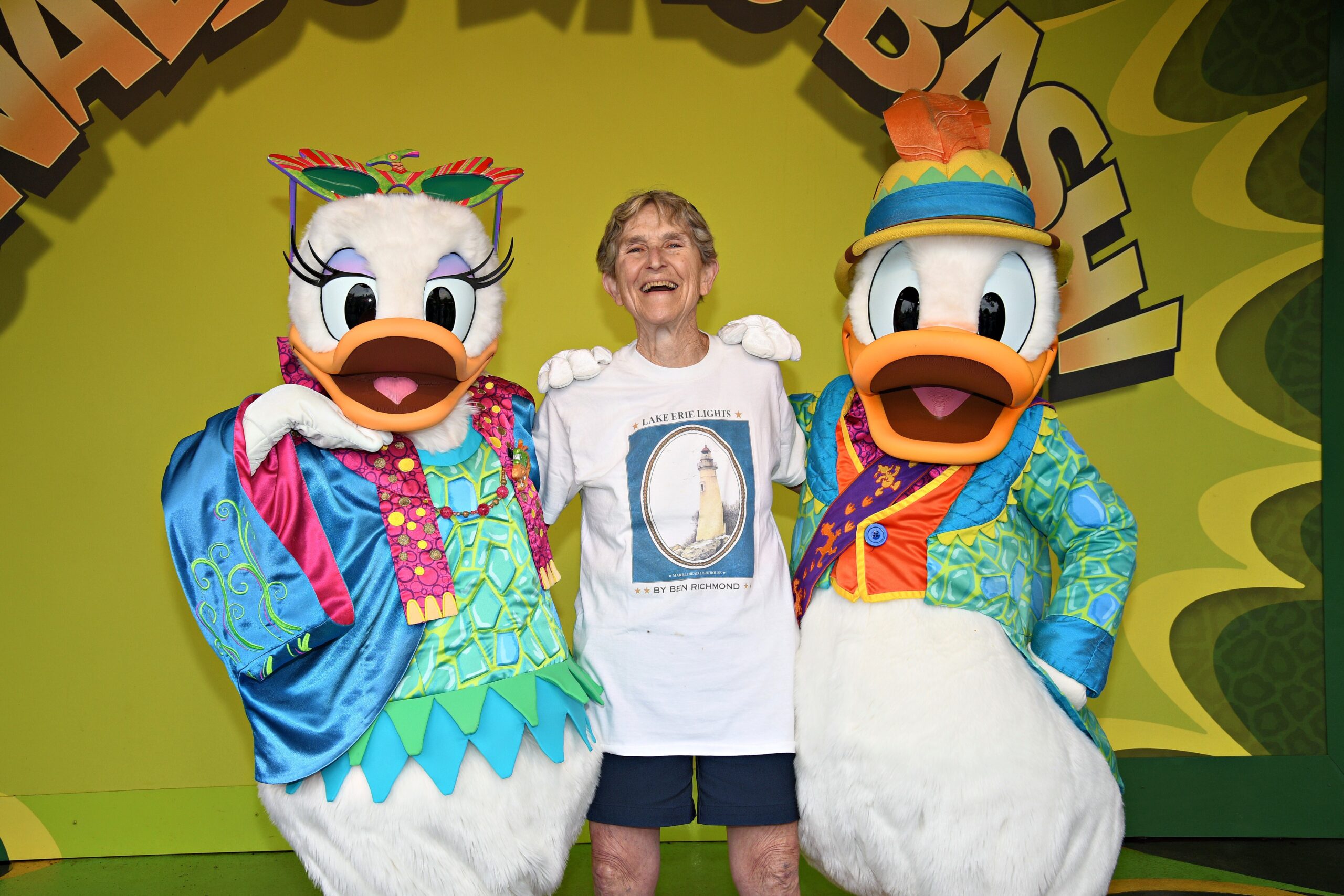
It’s been a dreary decade of war, recession and political wrangling since our world was utterly ripped from its moorings on September 11, 2001.
Seems like it was just in yesterday’s newscast: The backdrop of the New York City skyline, gleaming in the morning sunlight against a picture-perfect blue sky. But marring the pretty picture was a commercial airliner, which had just slammed into the north tower of the World Trade Center. It was 8:46 a.m.
What?
Before we could quite digest that improbability, the impossible happened just 17 minutes later: A second jet plane crashed into the south tower. The shades of my mind snapped shut. I realized this was no accident. This was The Moment; the dreadful moment which had quietly haunted me with nagging foreboding for as long as I could remember.
Every generation has its collective crisis… a historic tragedy that erases the world as we once knew it and replaces it with a shadowy version of its former self. After the initial stage of stunned disbelief and loss of assumed invincibility, we must adapt to the ‘new normal’ if we’re to move forward at all. 9/11 was the crisis that would test our generation’s mettle.
How are we adapting to 9/11, a decade later? First, let’s review:
The Twin Towers were attacked by al-Qaeda operatives who hijacked American Airlines Flight 11 and United Airlines Flight 175. Within less than two hours, both towers collapsed as a result of the impacts. A third hijacked jet was crashed into the Pentagon in Arlington, Virginia. A fourth airliner — United Airlines Flight 93, redirected toward Washington, D.C. — was brought down near Shanksville, Pennsylvania by passengers and crew who sacrificed themselves in order to save the nation’s capitol from becoming the next target.
The compound tragedies of 9/11 were overwhelming:
Nearly 3,000 victims and all 19 hijackers died in the attacks; 2,749 people from 83 different countries perished with the Twin Towers; New York City Fire Department lost 343 firefighters; 1,337 vehicles were crushed when the towers collapsed; 1.5 million working hours over 261 days were spent removing debris at the WTC site, thereafter known as Ground Zero; The fires at Ground Zero burned for 99 days, until December 19; 184 people were killed in the attack on the Pentagon; There were no survivors from any of the flights, and the majority of casualties were civilians representing 70 countries.*
A year after 9/11, National Public Radio collected reactions from everyday Americans, grappling with their attempts to cope with the national tragedy.
Here was a typical response… “Denial is no longer a luxury I can claim. Now I know that our nation is vulnerable. My grandchildren are vulnerable. All of us are… How can we heal all of this?”
Ten years have now passed since 9/11, and in conversations cropping up around Labor Day weekend bonfires, picnics and other get-togethers, mixed emotions and unanswered questions endured. Recalling that fateful day, most people worried, “What next? When, where and how will the next attack take place? And why do they hate us so much?”
Mothers of young children feared for their futures. “I have to be with my children if this is the beginning of the end,” one woman told her boss as she walked out of the medical office where she worked.
“Now I feel like I’ve lost the right to protect my kids,” said another. “It really impacted me when my youngest son was about to board his first airplane, and I couldn’t even wait with him or meet him at the gate when they got back. I couldn’t be a mom and be there for him.”
Others carried on in a state of denial, trying to maintain status quo and a sense of control as the world around them failed to cooperate. Young men felt overwhelming anger and the desire to retaliate immediately.
Children who were in elementary school when the War on Terror was launched, couldn’t comprehend the meaning behind the new fear and seriousness they suddenly saw in the faces of their parents and teachers. Later, they were frustrated by the consequences… a moratorium on long-distance field trips, the inability to travel to Niagara Falls without a passport, a sense of vulnerability during an otherwise carefree period of life.
“Now it’s here,” said another. “… Like a distant disease that had been wiping people out overseas, suddenly hits home and now we’re all exposed.”
Others saw things in a different light: “After getting past the initial shock, anger and sadness, what remains is a renewed love for life, and a heightened sense of compassion and tolerance…”
Perhaps we are adapting, after all.
* Sources: U.S. Department of State, USA TODAY
















